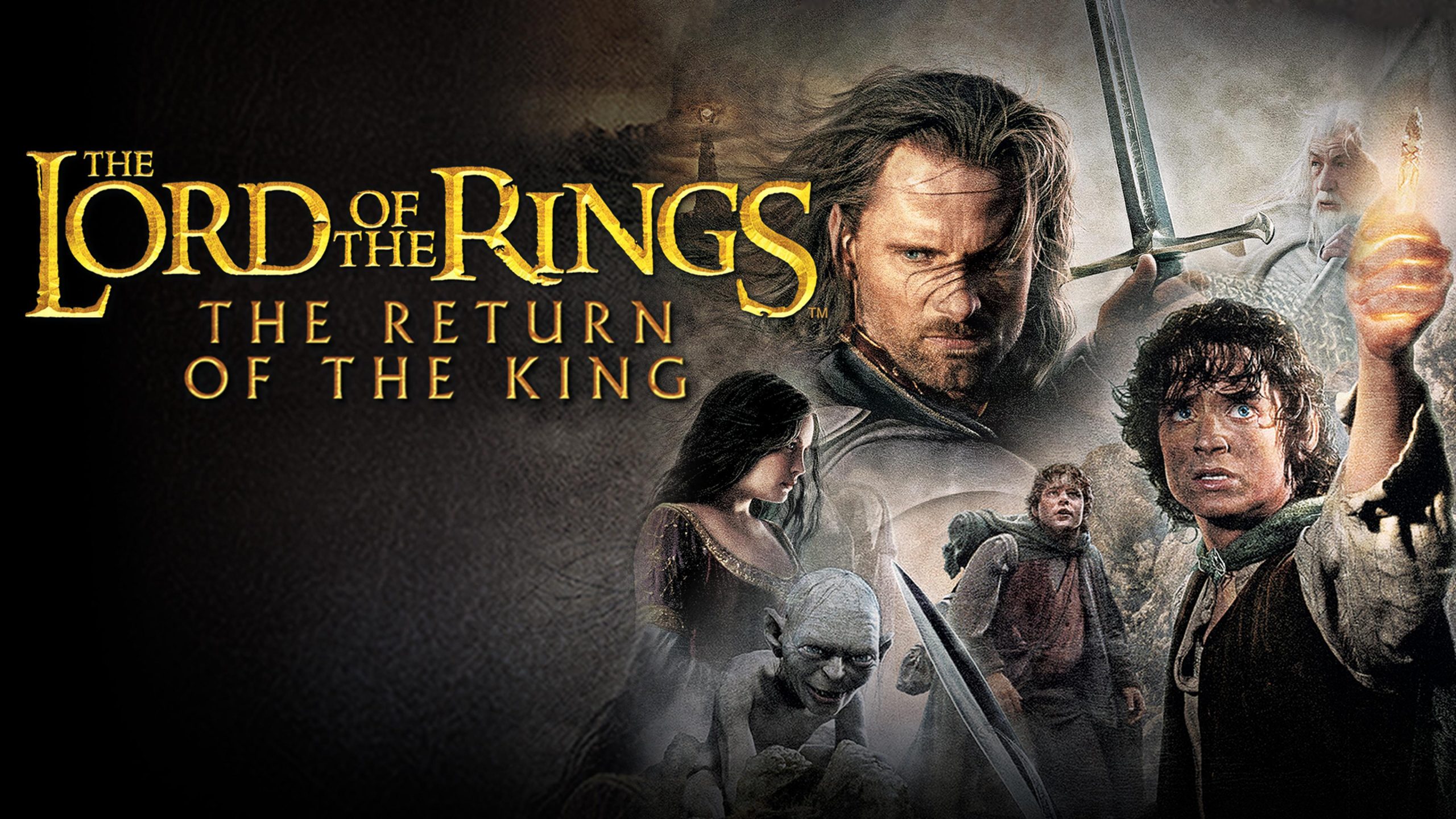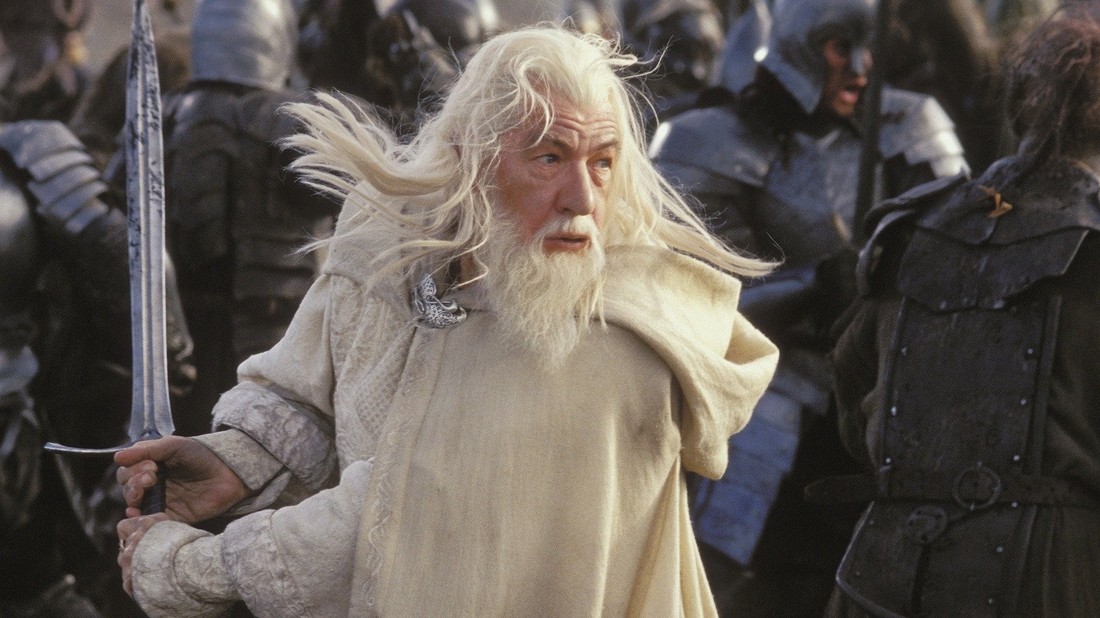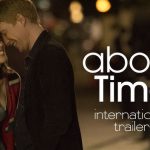The lord of the rings: The return of the king (2003)
- fanmovies
- August 17, 2024

Suggested videos for you:
Suggested videos for you:
Suggested videos for you:
Suggested videos for you:
@lovrstify99 Optimus Prime Defeats Scourge – Final Battle – Transformers Rise of the Beasts 2023. #movie #movieclips #optimusprime #tranformers #bumbobee
Suggested videos for you:
@licktowing11 Terminator- Dark Fate 2019. #movie #movieclips #highlights #moviehighlights #terminator #darkfate #actionmovie2024
The Lord of the Rings: The Return of the King (2003), directed by Peter Jackson, is the epic conclusion to the film adaptation of J.R.R. Tolkien’s beloved fantasy trilogy. This final installment of The Lord of the Rings series is celebrated for its grand scale, emotional depth, and masterful execution. Here’s a review of this remarkable film:
Plot and Characters
The Return of the King picks up where The Two Towers (2002) left off, with the forces of Middle-earth facing their greatest challenge in the battle against Sauron. The film intertwines multiple storylines as it brings the epic saga to a climax:
- Frodo Baggins (Elijah Wood) and Samwise Gamgee (Sean Astin) continue their perilous journey to Mount Doom to destroy the One Ring. Their storyline delves deeply into themes of friendship, sacrifice, and the corrupting influence of power.
- Aragorn (Viggo Mortensen) embraces his destiny as the rightful king of Gondor, leading the charge in the fight against Sauron’s forces. His character arc is one of personal growth, leadership, and redemption.
- Gandalf (Ian McKellen) plays a crucial role in rallying the forces of Middle-earth and guiding the characters through their final challenges. His wisdom and strength are pivotal to the film’s resolution.
- Legolas (Orlando Bloom), Gimli (John Rhys-Davies), and Gollum (Andy Serkis) each contribute significantly to the narrative, with Gollum’s tragic arc adding emotional complexity and tension.

Performances
- Elijah Wood and Sean Astin deliver moving performances as Frodo and Sam, capturing the emotional weight of their journey and the deep bond between their characters.
- Viggo Mortensen brings a commanding presence to Aragorn, portraying his evolution from a ranger to a king with depth and gravitas.
- Ian McKellen continues to shine as Gandalf, combining strength and gentleness in his portrayal of the wizard.
- Andy Serkis’ performance as Gollum is a standout, with his motion-capture work providing a haunting and deeply human portrayal of the character.

Direction and Writing
Peter Jackson’s direction is masterful, balancing the epic scope of the story with intimate character moments. The film’s pacing is meticulously crafted, leading up to an exhilarating and emotionally resonant climax. Jackson’s ability to blend practical effects with CGI creates a visually stunning experience that is both grand and immersive.
The screenplay, adapted by Jackson, Fran Walsh, and Philippa Boyens, captures the essence of Tolkien’s source material while streamlining the narrative for cinematic adaptation. The film’s dialogue and character development are poignant and effective, providing a satisfying conclusion to the trilogy.
Cinematography and Score
- Andrew Lesnie’s cinematography is visually spectacular, capturing the grandeur of Middle-earth with sweeping landscapes, intricate battle sequences, and intimate character moments. His work enhances the film’s epic and emotional tone.
- Howard Shore’s score is a defining element of the film, with its rich, thematic compositions adding depth and resonance to the story. The music underscores key moments and contributes significantly to the film’s emotional impact. The score won the Academy Award for Best Original Score, among other accolades.
Themes and Impact
The Return of the King explores themes of heroism, sacrifice, and the struggle between good and evil. It brings the themes of hope, redemption, and the power of friendship to the forefront, culminating in a resolution that is both satisfying and bittersweet. The film’s portrayal of the triumphs and trials of its characters provides a powerful conclusion to their epic journey.
Reception
The Return of the King was a critical and commercial success, winning eleven Academy Awards, including Best Picture, Best Director, and Best Adapted Screenplay. It was praised for its epic scope, emotional depth, and technical achievements. The film’s success solidified the trilogy’s place as a landmark in cinematic history.
In summary, The Lord of the Rings: The Return of the King is a triumphant conclusion to one of the most ambitious film projects ever undertaken. Its blend of powerful performances, stunning visuals, and a compelling narrative ensures its place as a classic in the fantasy genre and a landmark achievement in filmmaking.











